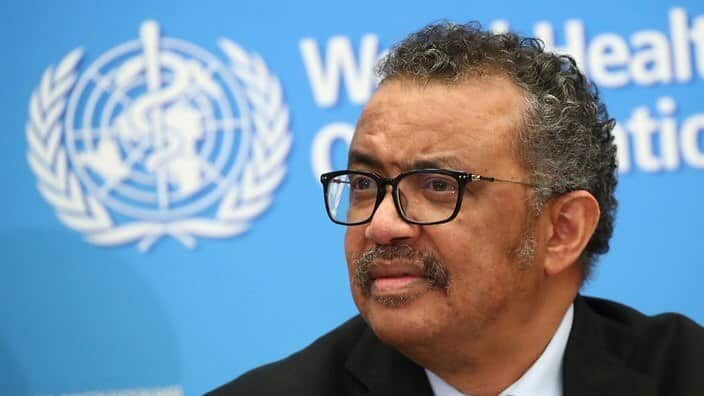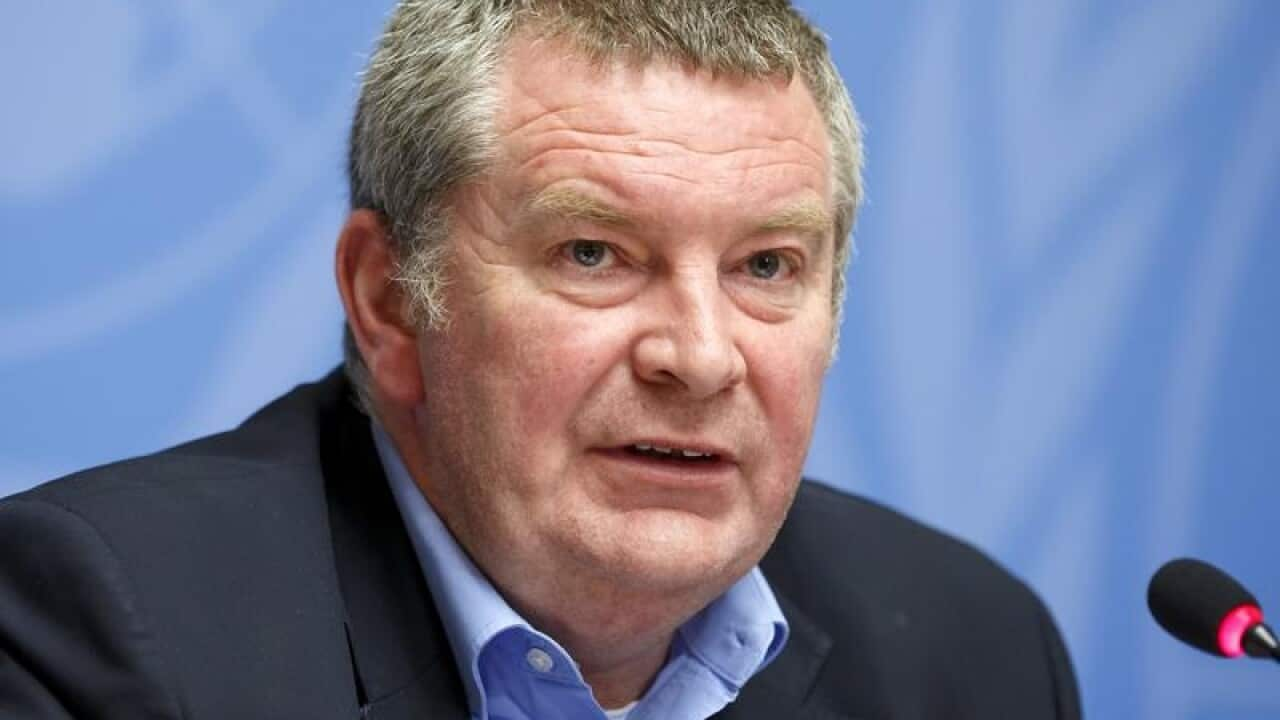Countries must return to "basic principles" of public health surveillance if they are to bring the coronavirus outbreak under control, the World Health Organization's top emergency health expert says.
The WHO, which said it is facing a $US1.3 billion ($A2.0 billion) funding deficit for its effort to tackle COVID-19, issued the call for more surveillance as many countries including the United States, Switzerland, Mexico and Germany have turned their efforts toward re-opening economies battered by the pandemic.

Mike Ryan, head of the WHO's health emergencies program, said all countries should focus on the fundamentals of the global coronavirus fight: scouting potential new infections, hunting them down, confirming them and then separating those afflicted to save others from the disease.
"We seem...to be avoiding the uncomfortable reality that we need to get back to public health surveillance," he said.
"We need to go back to where we should have been months ago - finding cases, tracking cases, testing cases, isolating people who are tested positive, doing quarantine for contacts."
WHO director general Tedros Ghebreyesus is concerned about a funding crunch after US President Donald Trump last month told his administration to temporarily halt funding to the United Nations health agency.
US officials are demanding a WHO overhaul, saying it mishandled the coronavirus crisis.
Mr Ryan on Friday urged people to stick together as the disease spreads from country to country, sometimes at different rates and with wide swings in death tolls.
He highlighted how Russia appears to be dealing with a "delayed epidemic" as a spike in confirmed new infections in recent days has catapulted it past France and Germany in total number of cases.
"There is a path out, but we must remain ever-vigilant, and we may have to have a significant alteration of our lifestyles until we get to a point where we have an effective vaccine."
There has been a slew of news in recent days about vaccine candidates, including announcements that tests in humans have begun with some trials expected by the northern summer, though experts have warned a successful preventative treatment may still be many months away.
People in Australia must stay at least 1.5 metres away from others. Check your state’s restrictions on gathering limits. Testing for coronavirus is now widely available across Australia.
If you are experiencing cold or flu symptoms, arrange a test by calling your doctor or contact the Coronavirus Health Information Hotline on 1800 020 080. The federal government's coronavirus tracing app COVIDSafe is available for download from your phone's app store.
SBS is committed to informing Australia’s diverse communities about the latest COVID-19 developments. News and information is available in 63 languages at sbs.com.au/coronavirus.

